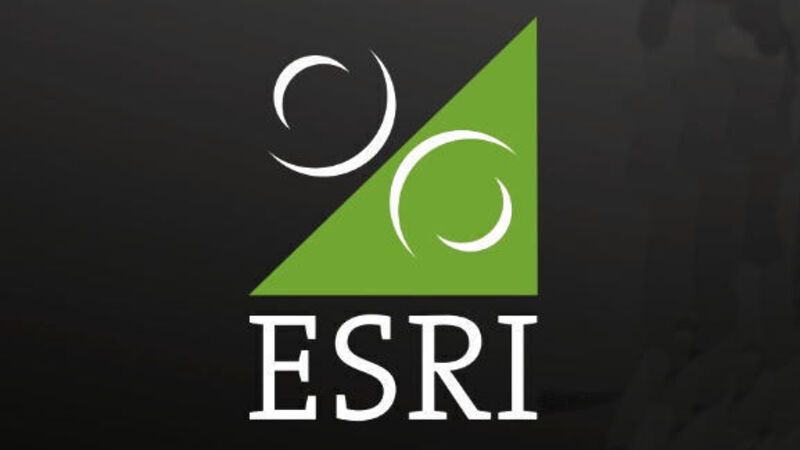Black African community 'seven times more likely to report experiencing discrimination'

Black Africans are four times more likely to be out of work than white Irish-born citizens, it has emerged.
Researchers found the immigrant group suffered the lowest rate of employment and were almost seven times more likely than white Irish respondents to report experiencing discrimination in the













